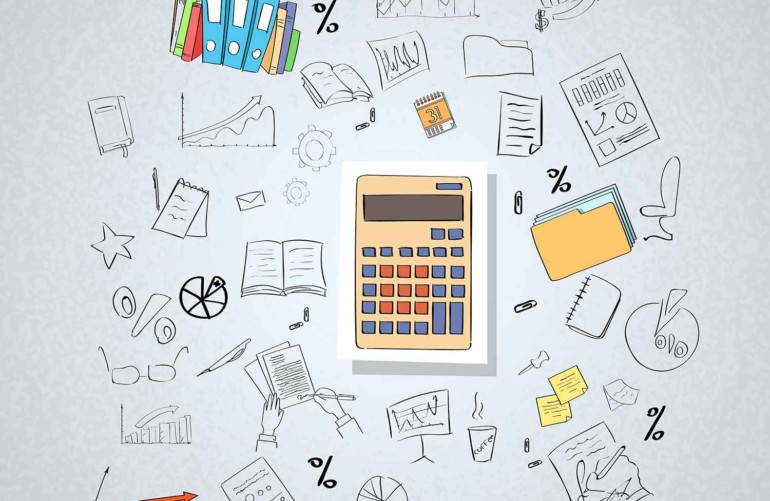“It seems hard to get motivated. My business has actually done well for a number of years. Well enough that I didn’t have to work very hard. My staff was good at keeping things running, giving me lots of time to pursue other interests. Now that the economy is having so many problems, I’m worried that my business will be hit, as well. Intellectually, I know that I’d better pay attention, or I run the risk that my business eventually starts a downward spiral. But my heart just isn’t in it. Got any suggestions?”
Here are a few seemingly disjointed things to think about. The business is an asset to be protected. Humans tend to follow the path of least resistance. Discomfort is a great motivator. The best time to fix something is before it needs fixing. The buck stops on your desk. Humans do better when they have mirrors to reflect an outside view of how they’re perceived. Humans max out their skill, and then max out their businesses.
The business paid for your lifestyle. If you honor and protect the business as an asset producer, it will probably continue to produce for you. But if you live off of the business and don’t invest back into it, with time, money, new ideas, and new people, eventually the business will wither and die. It is your choice which path to take.
When things go well in the business, we human beings tend to relax. We like to keep things the way they are, nice and comfortable. Why work hard when you don’t have to, is a saying I’ve heard voiced by more than one comfortable business owner. We get someplace comfortable and stay there.
Human beings are pain-avoiding animals. We stay within boundaries that make us comfortable and tend only to push beyond those boundaries when we’re pushed to do so. That means that we are motivated to move by pain. When something bothers us, we move away from it. Without pain as a motivator, we tend to stay where we are.
It is easier to fix and move ahead with a business when you have assets to invest and the luxury of time to make improvements. The best decisions and actions come about when you have time to test, correct, and implement. You can take your time to fix and improve things without being under duress is when the business is doing well. You can make decisions for the right reason when you have money in reserve, to allow you the luxury of experimenting before implementing.
Business owners are the most, and least, accountable people in the business world. On the “most accountable” side, they ultimately provide the bank of last resort. If the business does poorly, they pay the price by having to make good on losses, watch as the business declines, and they’re the ones who stay behind to turn the lights out when everyone else is long gone.
On the “least accountable” side, business owners ultimately report to themselves and no one else. They don’t usually fire themselves, and rarely does anyone else have the power to do so. Employees hesitate to confront bosses with the cold hard truth when the boss is not being accountable. Consequently, sometimes owners get away with behaviors they would never tolerate in their employees.
Studies have shown that human beings do better when they take tests in rooms with mirrors. The belief seems to be that the human eye sees outward, and does not see what is happening with the body it occupies, unless it has a mirror to use for reflection. And when the eye cannot see, the brain makes up it’s own pictures about what?s going on. Those made up pictures are all about being comfortable, and often are not a good reflection of reality.
Human beings and businesses are alike, in that both are organisms – both physically and intellectually. Organisms are either growing or shrinking. They don’t stay the same for long. If they are stimulated to move, grow, take on knowledge, they stretch, get stronger, and grow. If not, they wither and die.
Some business owners allow themselves and their businesses to stay in a comfortable place, without being challenged. They make up a picture of things being okay. Eventually they put the entire business at risk. They wait too long to make changes. They live off the excess capital instead of investing funds in future growth. The owner focuses elsewhere. Things bounce up and down, and the business seems caught in a bandwidth.
The only way to break out is to infuse new learning, invest in tools and personnel who will help the business grow to the next level. The alternative is stagnation, and ultimately the demise of the business that provided employment and wealth for so many people. And who really wants that to happen on their watch?
Looking for a good book? Try How To Succeed as a Business Owner . . . And Still Have a Life, by Bill Collier.




